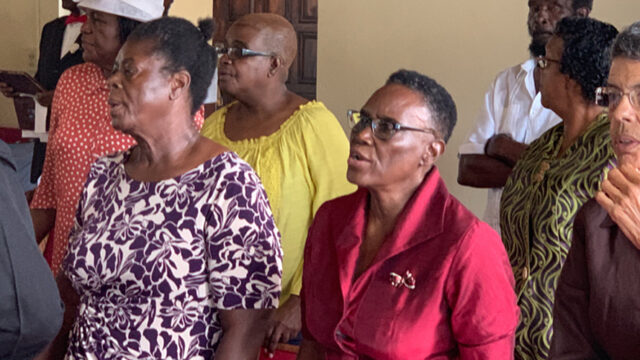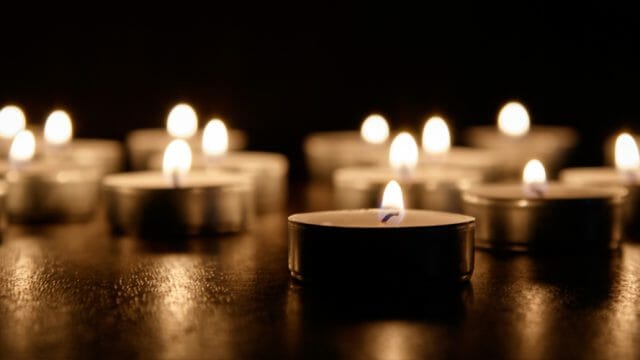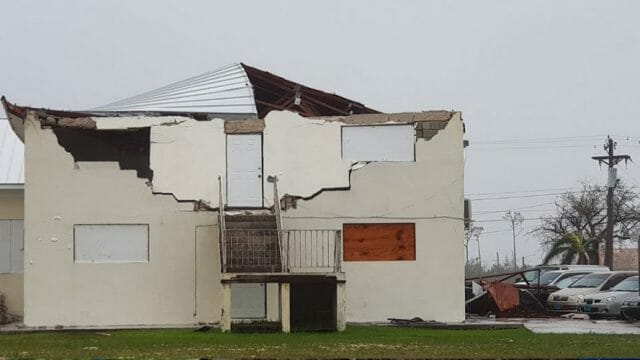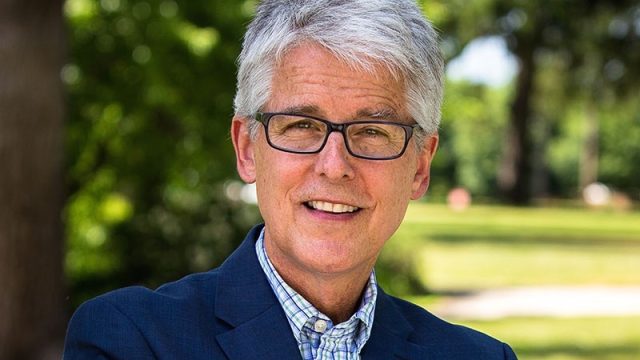In the hardest moments He is still there.

They had a good life in Burma nearly 80 years ago. A family of six—father, mother, and four children. The oldest was learning to read, enjoying “strawberries and cream” for a snack after school, the youngest still a babe in diapers. Their home life was busy—an impeccably dressed father possessing secretarial and organizational skills and a knowledge of shorthand, thus equipping him for clerical work in British-ruled Rangoon. His young wife was busy with the care of little ones in a house with a (rare for many) sewing machine on which she made clothes for her growing family.
Christmas was days away, and the city was festive. This particular season held relevance to this family of Christians—until one afternoon when the bombs rained down. There was no warning, no moment to gather the children and flee. The oldest child saw her younger sister die after being hit with bomb shrapnel. She remembers her little brother saying he couldn’t breathe. Trucks eventually came through to gather the injured and dying. The young boy was taken to the hospital, never to see his sister again.
The father fought his way home through the city and gathered what remained of his family. There was nowhere to go but India. Some left by ship; however, that was not an option for most. Thus began one of history’s largest mass migrations on foot. The little family now reduced to four—would walk from Burma to India, a 450-kilometer (280-mile) crossing.
INDESCRIBABLE
The sewing machine, the harmonium (an Indian musical instrument) the father played, toys, and books—a home forever left behind with the close of the door and a click of the lock behind them. Their lives in Rangoon were only a memory. All they could carry was all they could take. A schoolgirl, a baby, a father protecting his family, and a mother (who had no time to process her loss) began to walk. The smallest of their family would die soon, leaving the oldest girl to trudge through the jungle, stepping over the dead and dying, holding on to her father’s hand or clinging to her mother’s sari as they pushed forward to an unknown future.
Food was scarce; safety was fleeting. This family— reduced from six members to three in days—struggled to put one foot in front of the other in heat, rain, darkness, and chill. They kept walking, and little miracles went with them. The little girl got malaria. She was so very thirsty, begging for water. On the trail they found a small pond of water surrounded by bushy trees. Cleaning it of any scum on the surface, the father fed his child the water she cried for. Soon the fever broke.
Quinine saved her life. The bushy trees were quinine trees, and their lifesaving medicine had leached into the water. The grieving young mother would not lose her last surviving child that day.
When they reached seemingly impassable hills, the local people accepted money to carry passengers in large baskets on the climb. The father could pay, so up in the baskets they went, conserving their energy just a bit more. When water was dirty, they somehow found a clean supply. The meager food they were able to consume sustained them to go a little farther. When the monsoon fell and the rivers swelled, they were not among those washed away. In the confusion and panic of an escape, the little family was never separated, and no one was left at the wayside. For weeks they trekked, until they crossed the border into India. It is estimated that almost 40,000 people of Indian descent perished on the way. This family was not among them.
RENEWAL
The family would set up their new home in the southern part of India. It would be another year before the little girl was strong enough to attend school again, to make friends, play as children do, but it happened. Before long, a new baby joined them, a baby girl nicknamed for one they had lost, born on Christmas Eve—almost to the day the bombs first dropped. She was a gift.
They rebuilt slowly, painfully. How does one move forward from such trauma? In their new, safe home they soon learned and accepted the Adventist message. Their postwar country would finally awaken to independence and a new start. In that first year of independence a new baby would arrive. The family continued to grow.
When the mother felt the pangs of labor, it was again close to Christmastime. The little girl was now a young woman training to be a midwife, and she attended her mother’s delivery of a new sibling. Instead of one sibling, there were unexpected twin boys. They were given the middle names Aaron and Moses, for the biblical brothers. When the father found out there were two babies, his shock gave way to a new conviction, “We lost one son, and now God has given us two.”
What had been lost had been regained.
The family became known by a commitment to their faith, to education and hard work, and a bond between all of them forged in their miraculous survival. Miracles and blessings along the way, joy to be found through unthinkable tragedy.
Now there are 15 grandchildren, 15 great-grandchildren, and one great-great-grandchild to stand as a testament of what God can do. A little family who had lost so much given more than dreamed of because of the mercy and love of a tenderhearted Savior.
The story of my grandparents and my aunt’s survival reminds me of the joy that can be found in the worst of journeys, for they are roads traveled where we do not walk alone. Our God is faithful.
“Yea, though I walk through the valley of the shadow of death, I will fear no evil: for thou art with me; thy rod and thy staff they comfort me” (Ps. 23:4, KJV).








